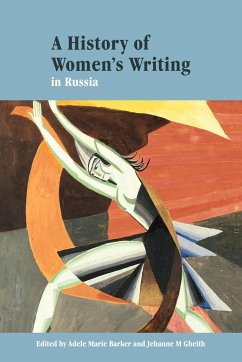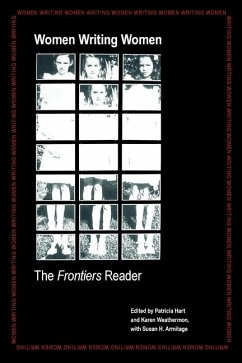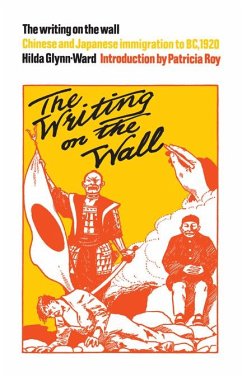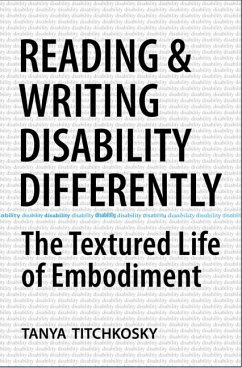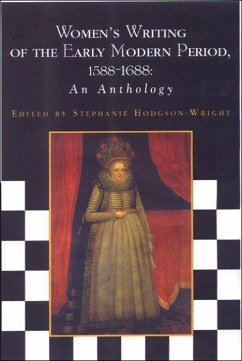
Inventing Writing
Prophets, Shamans, and the Transmission of Ritual Discourse in North American Indigenous Cultures, 1600-1900
Übersetzer: Evans, Matthew H.; Bergstrom, Victoria
Versandkostenfrei!
Erscheint vorauss. 30. März 2026
28,99 €
inkl. MwSt.
A groundbreaking study that rethinks the origins of writing, revealing how Native American ritual scripts expand our understanding beyond state-centered, universal models. Why have humans repeatedly devoted immense intellectual energy to inventing writing? In world history, writing was independently created four times--by the Sumerians, Egyptians, Chinese, and Mayans. These traditions developed universal scripts, systems of symbols theoretically capable of recording any utterance in the spoken language. On this basis, a long-standing scholarly view has held that the origins of writing are inse...
A groundbreaking study that rethinks the origins of writing, revealing how Native American ritual scripts expand our understanding beyond state-centered, universal models. Why have humans repeatedly devoted immense intellectual energy to inventing writing? In world history, writing was independently created four times--by the Sumerians, Egyptians, Chinese, and Mayans. These traditions developed universal scripts, systems of symbols theoretically capable of recording any utterance in the spoken language. On this basis, a long-standing scholarly view has held that the origins of writing are inseparable from the rise of states and bureaucracies. However, this book turns our attention to another trajectory. Between 1700 and 1900, prophets and shamans in Native American societies devised "bounded" forms of writing. Unlike universal scripts, these were not intended to capture the entirety of speech. Instead, they served a precise function: to ensure the faithful transmission of ritual discourses within ceremonial frameworks. Their principles of notation differed profoundly from those of the great phonographic traditions. Pierre Déléage's analysis not only illuminates these overlooked episodes in the history of writing but also advances a methodological shift: rather than treating selective scripts as "failed" or "incomplete," he interprets them on their own terms. In doing so, he opens up a broader framework for understanding writing as a diverse cultural practice, one that can emerge outside of state power, bureaucracy, or universal phonographic systems. Now published in English translation, Inventing Writing makes the work of a leading French scholar available to new readers. It offers a groundbreaking perspective: writing does not emerge only as a universal technology of language, but also as a bounded tool shaped by ritual, institution, and culture.





